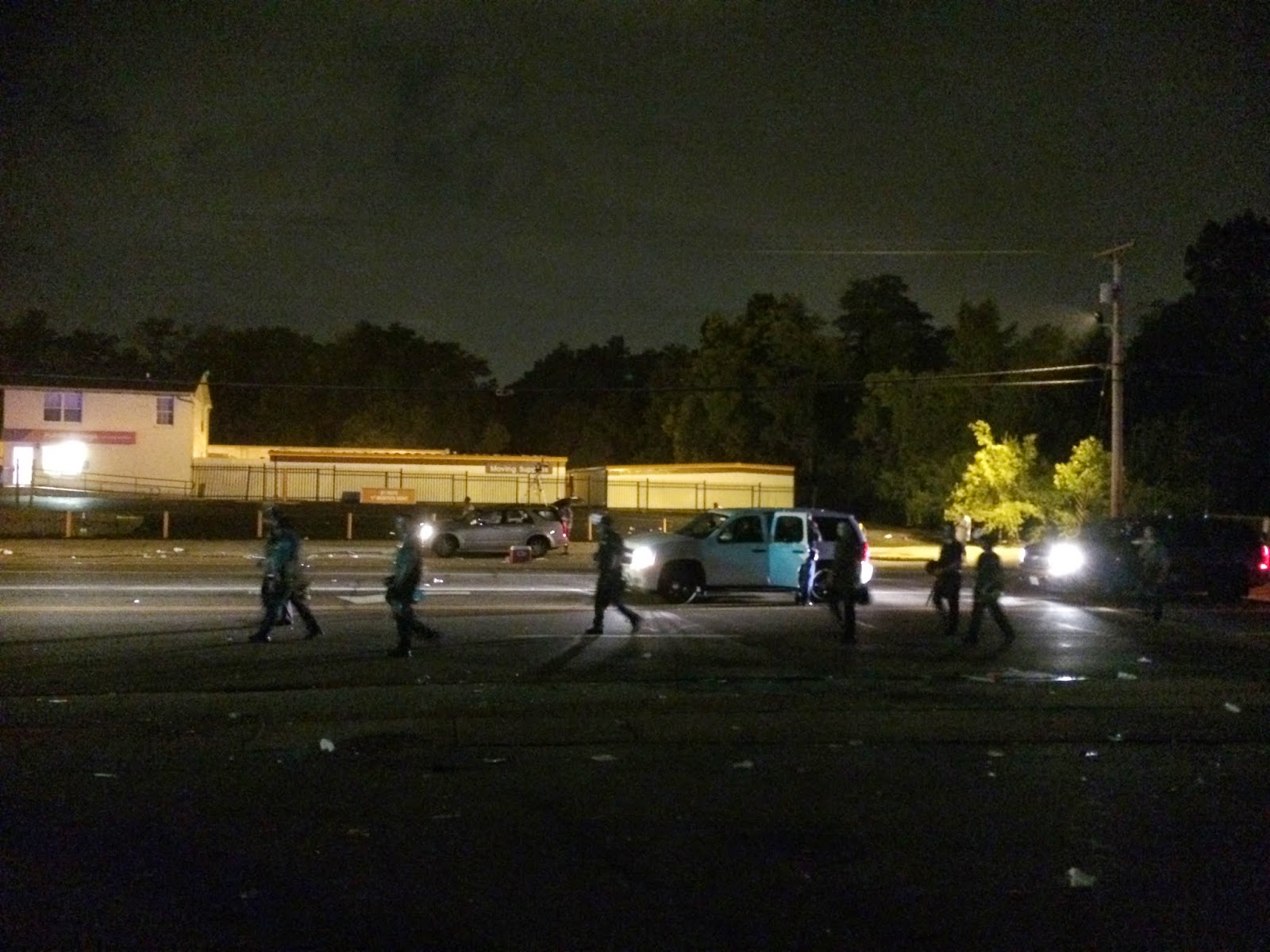As you may know, I am covering the United Nations General Assembly currently, and my friend, formerly a fellow television news producer in our D.C. bureau, shared his thoughts after hearing President Obama's speech this morning. The content was insightful, not to mention well-written, I just had to share it with you.
And so, as editor and photographer only, I give you:
.JPG) |
| Not the best photo thanks to the odd lighting above them, but I took this just before the President's speech. - 9/24/2014 |
A Frustrated Obama at United Nations?
Graham Nelson
Freelance Writer/Producer
804-335-5709 | @jetgrahamradio| http://grahamkelleynelson.com
Obama started speaking at 10:13 AM and finished at 10:52 AM,
making his speech 39 minutes long. I may have been the only one able to watch it
all, so I give my impressions.
It was not a speech full of concrete details and proposals.
As expected, Obama addressed three topics: Russia, Ebola, and the terrorist
threat in Syria and Iraq. His message on these topics was not so surprising. I
would sum them up as: we must stop all of them.
What did surprise me was a pessimistic tone throughout his
speech. He spoke about the "failure of the international system." He used the
words "undertow of instability." "Swamp." "Outbreak." At multiple points, he
seemed frustrated -- scolding and lecturing other countries, particularly in the
Middle East, and attempting to speak directly to youth
populations.
To me, this was not "hope and change" Obama. This was "we
hope YOU change" Obama.
Obama was subdued on the Asia/Pacific. He did not mention
China by name when "insisting" that all nations resolve territorial disputes
peacefully, consistent with international law. I suspect America feels too
stretched at the moment to move much in the Asia/Pacific.
The same is true of Iran, which Obama treated fairly kindly.
He called it, merely, the "Iranian nuclear issue." Not crisis. Not pursuit of
nuclear weapons. Clearly, he feels he needs their help on
ISIS.
On ISIS, he pledged to degrade and dismantle their network
and called them a lot of bad names -- "network of death" was the best one. But
he also called on governments in the region, and Islamic religious leaders, to
disavow violent interpretations of Islam and using armed proxies to solve
conflicts.
On a side note, he went off script on Israel briefly. He
noted that "it's something for Israelis to consider" that many Israelis have
given up the pursuit of peace.
In very direct language, Obama accused Russia of eroding
world and UN values.
I would have to ask Elliot whether this is
his normal language now. I was very surprised by it!! Things have changed so much
in two years between the US and Russia: Obama and Medvedev used to eat
hamburgers together in DC!
Lastly, it was interesting that Obama felt the need to
mention events in Ferguson, MO. Perhaps this has undermined US standing more
than I thought.
-----------------------------------------------------------------
Editor's note!!
This last comment on Ferguson really is how Graham's email ended, and is particularly timely. Not only did I just (finally) post about my experience and impressions from going to Ferguson, Missouri, last night, there was a return to violent protesting there, which may in fact be the reason the presdient chose to touch on it.
Next, I'd like to share with you my colleague and current D.C. news producer's reaction for further insight and context. Without any further delay, please read on!:
Elliot Waldman
Japanese Television News Producer, Washington D.C.
@waldmane
Good thoughts Graham,
thanks! I interpreted Obama’s strongly negative language as reflective of the
administration’s desire to project a clear-eyed understanding of danger. One of
the most persistent criticisms that has dogged Obama’s foreign policy pretty
much since day one has been the perception of inaction. No doubt, part of this
is due to the fact that his predecessor was so active in combating real and
perceived/inflated threats with big flashy military interventions. Obama can’t
help but seem timid in comparison, and his opponents take full advantage of this
by incessantly beating their war drums to the delight of the media. Plus, his
manner and style are that of a calm and collected professor, which lends
credence to the criticism that he doesn’t take seriously Putin’s neo-imperial
machinations or the full extent of Islamic extremism.
Now, at a critical time
when Obama is seeking a mandate from the international community as well as his
domestic constituents for another multi-year military effort in the Middle East,
the last thing he wants to do is project an air of sanguinity (sic). Last year, dogged
by the NSA scandal, Obama was on defense, trying to play the role of conciliator
while trying to make the case that the US still has a strong and constructive
role to play in the world. (Remember how much play Rousseff got for her
blistering attack on mass surveillance? Compare that with this year.) Now he’s
in full offense mode, essentially telling the world that it’s put up or shut up
time.
On a different note, I
was also surprised by the relatively long section on Ferguson. Perhaps other
countries’ accusations of hypocrisy over that incident stung more than we
imagined?






